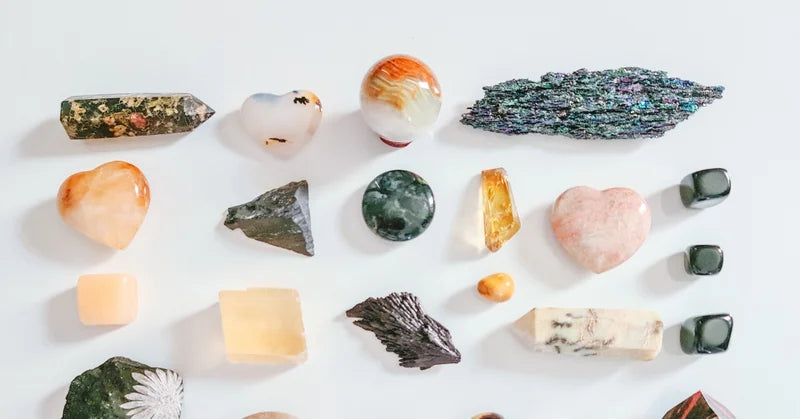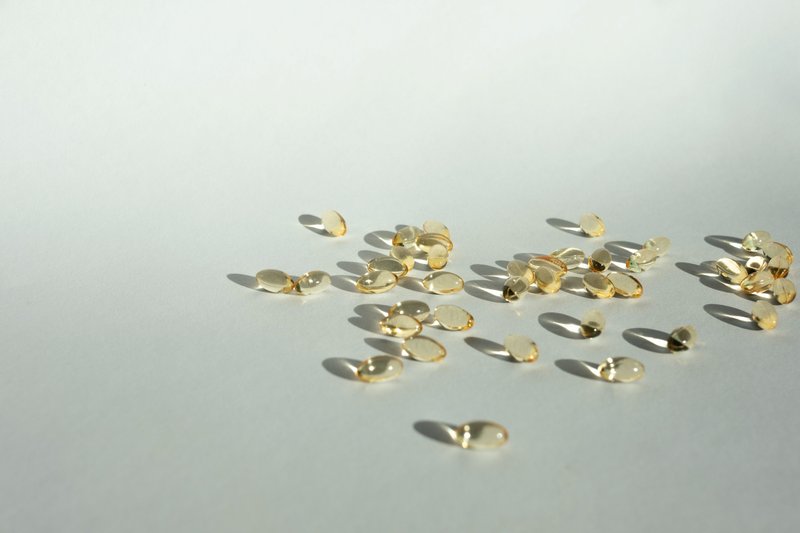
What are minerals?
About 60% of the human body is said to be water.
95% is made up of oxygen, carbon, hydrogen, and nitrogen, and the remaining 5%, and the elements contained in this 5% are called minerals.
Minerals cannot be produced by the body and must be obtained from food.
Minerals needed are
◯ A large amount of necessary minerals
7 types of calcium, potassium, sodium, phosphorus, magnesium, sulfur, and chlorine
◯ “Trace minerals” with a small amount required
Nine types of iron, zinc, copper, manganese, iodine, chromium, molybdenum, cobalt, and selenium
If even one of these 16 kinds of minerals is out of balance, other areas will be affected, and it will cause physical condition to collapse.
Although each function is different, it is indispensable in various ways to maintain health, such as building body structures such as bones and teeth, muscle contraction, pH regulation, and supporting nutrient absorption. is.
mineral balance
White rice, white sugar, wheat, etc. are expensive, so the mineral content has been scraped. Therefore, even if you eat a normal diet, it is easy to become deficient in minerals, so you need to be careful about what you eat every day.
Recently, there are many people who buy side dishes at supermarkets and eat processed foods. Such a diet can lead to excessive intake of salt and phosphorus, so caution is required in this case as well.
Also, be careful not to take too much, as supplements can cause you to take in too many minerals. Just because you take a lot of it doesn't mean that the written effect will increase.
Mineral balance can be destroyed by either a deficiency or an overdose.
However, if you eat a well-balanced diet and take in minerals from natural ingredients, you will rarely have a shortage or excess of minerals in your normal life.
I hope it leads to a diet that cares about your body.
Nachu Ra
pâtissier Yuhi Hasada










